Planning a trip to Bali? With updated regulations and new travel policies, understanding the latest visa requirements is crucial for a hassle-free arrival. This guide provides the most current information on the island’s Visa on Arrival (VOA), alternative visa options for longer stays, and the recently introduced Tourist Levy. Read on to stay informed about the latest visa requirements and ensure a smooth arrival in Bali!
This guide provides the most current information on the island’s Visa on Arrival (VOA), alternative visa options, and recently introduced 'Tourist Levy'.
Visa on Arrival (VOA) for Bali
Bali’s Visa on Arrival (VOA) system offers a convenient entry option for most international travelers. While Bali previously allowed free entry for tourists from several countries, this has changed post-pandemic, with only a few ASEAN countries still eligible for visa-free access. For other countries, the VOA is the most practical choice. This visa allows tourists to enter Bali without prior application, making it ideal for spontaneous trips. Upon arrival at Bali’s Ngurah Rai International Airport, travelers can easily apply for the VOA, which grants an initial stay of 30 days. If visitors wish to extend their holiday, the visa can be renewed once, providing a maximum stay of 60 days. This system caters to tourists seeking flexibility in their travel plans, offering a straightforward process for entry and stay.
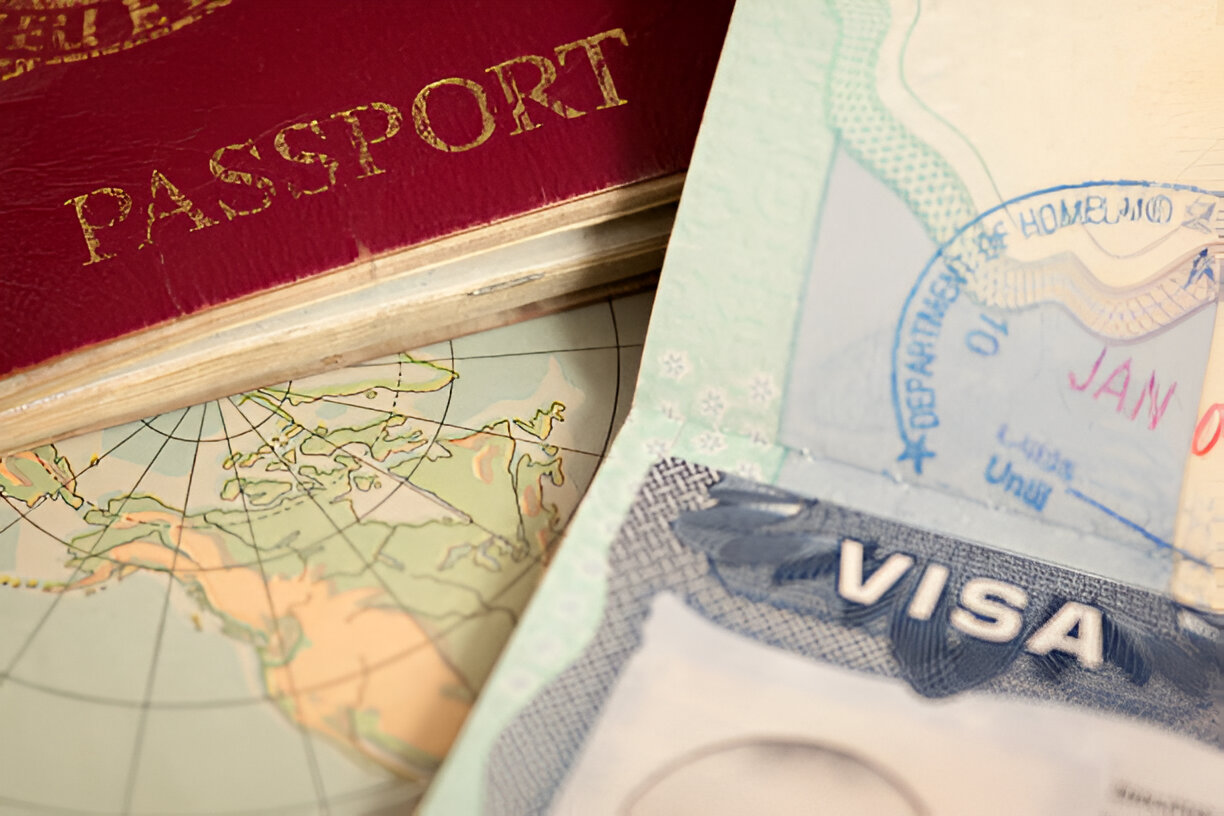
Requirements for Visa on Arrival
To obtain a VOA, travelers must meet several essential requirements. The most important is a valid passport with a minimum of six months' validity from the date of arrival. Immigration authorities are strict about this rule, so travelers should ensure their passports meet this criterion before booking flights. Additionally, visitors must present a confirmed onward or return ticket. Although financial proof of support is listed as a requirement, it is rarely requested at the airport. The VOA fee is set at $35 USD and can be paid in cash or by credit card. Payments can also be made in Indonesian Rupiah or Euros, offering flexibility for travelers who may not carry U.S. dollars. The ease of payment options ensures that visitors can complete the process quickly upon arrival, minimizing delays.
Extending the Visa on Arrival
For those wishing to stay beyond the initial 30 days, the VOA can be extended once, allowing for an additional 30 days. The extension process requires a visit to one of Bali’s immigration offices, located in Jimbaran, Denpasar, or Singaraja. To extend, visitors must present their passport, the original VOA receipt, and a confirmed departure ticket within the next 30 days. The fee for the extension is approximately 500,000 IDR, payable at the immigration office. While the process is relatively straightforward, it is essential to plan ahead, as extensions can take several days to process. Visitors are advised to begin the extension process at least a week before their initial visa expires to avoid overstaying penalties. Overstaying can result in hefty fines and potential blacklisting from future visits to Indonesia.
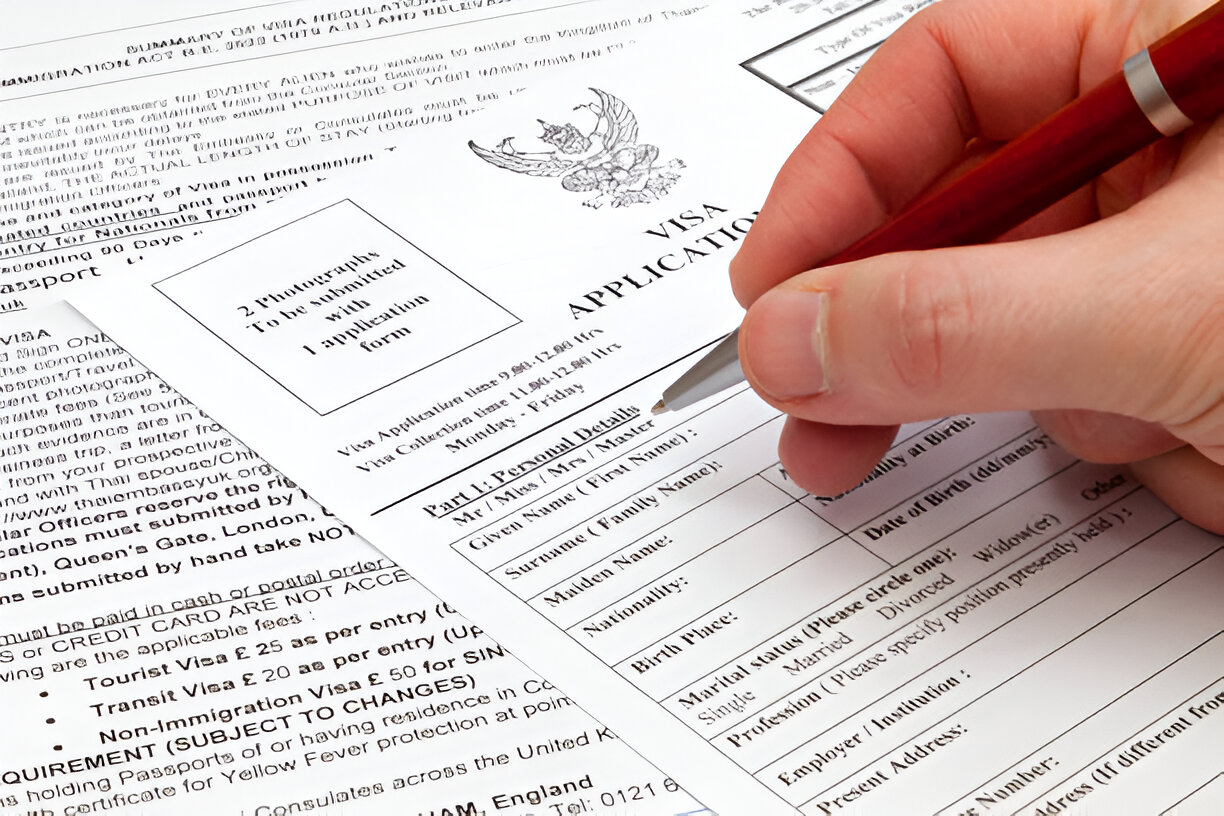
Alternative Visa Options for Longer Stays
Travelers who plan to stay in Bali for more than 60 days or need a visa before arrival may consider the Single Entry Visa (B211A) or Multiple Entry Visa (D212).
Single Entry Visa (B211A): This visa is valid for 60 days and can be extended multiple times, making it suitable for visitors who wish to stay in Bali for an extended period. Extensions are typically granted in 30-day increments, up to a maximum stay of 180 days. This visa is ideal for tourists, digital nomads, and those who need more time to explore Bali.
Multiple Entry Visa (D212): The Multiple Entry Visa allows visitors to enter and exit Indonesia multiple times over a year, with each stay capped at 60 days. This visa is a great option for business travelers or those planning to explore other parts of Indonesia while still enjoying Bali for up to two months at a time.
For those planning to work, invest, or live in Bali, various types of KITAS permits are available. These include:
Investor KITAS: For individuals making a significant investment in Bali.
Work KITAS: For employees working for Indonesian companies.
Digital Nomad Visa: This increasingly popular option allows remote workers to live in Bali while working for foreign companies.
These visa types typically require sponsorship from a local company or organization, along with proof of financial stability. The process can often be done online, but it’s advisable to consult with a visa agent to ensure all requirements are met and the application is processed smoothly. To find reputable agents, visitors can check local listings or ask for recommendations from the expat community in Bali.
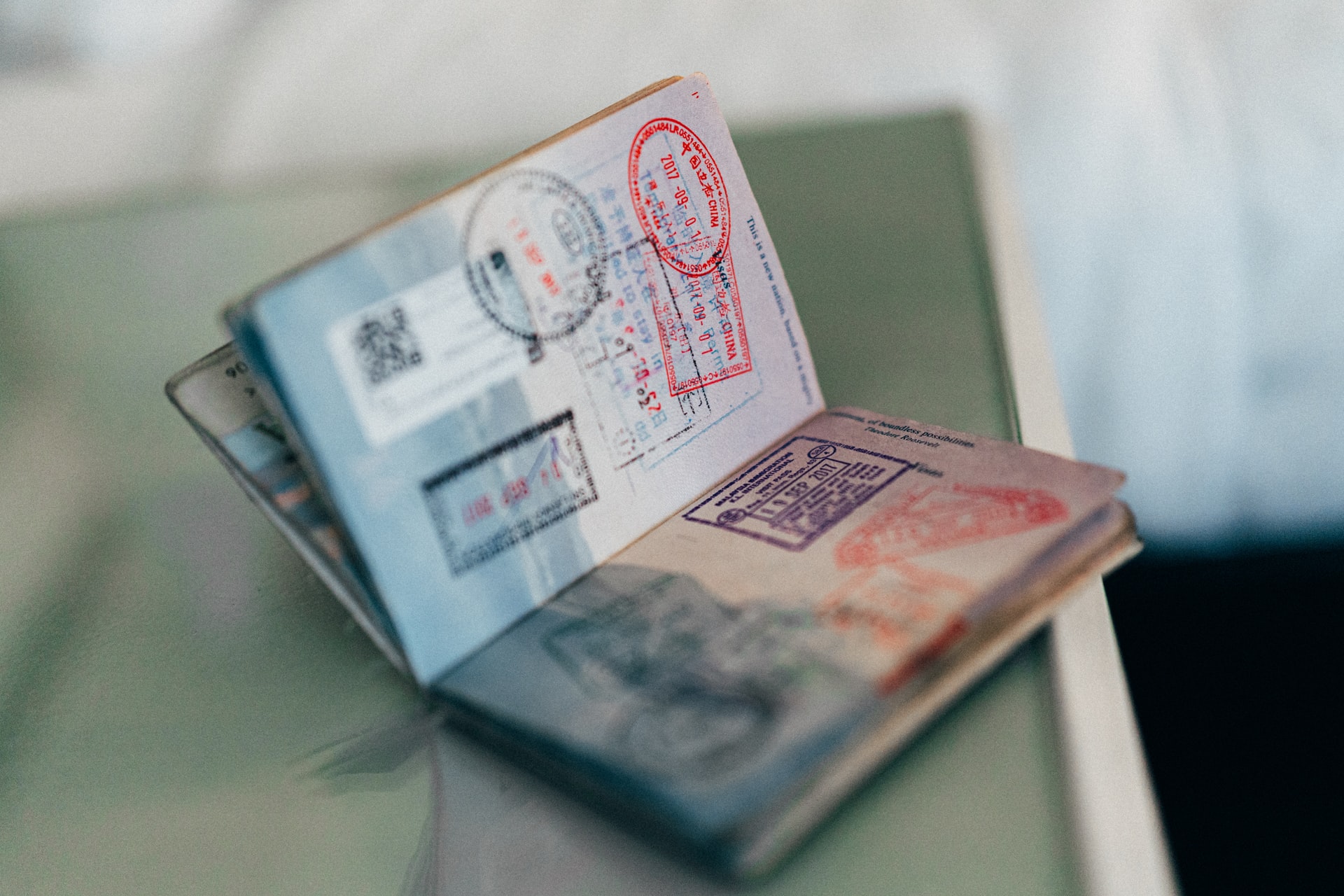
Tourist Levy
Starting February 14, 2024, Bali will introduce a new ‘Tourist Levy,’ a mandatory fee aimed at supporting sustainable tourism and environmental preservation. All international visitors will be required to pay a one-time fee of 150,000 IDR, roughly $10 USD. The levy can be paid at the airport upon arrival or prepaid online through the official Love Bali website. Prepaying online is recommended, as it generates a voucher that can be presented at immigration, speeding up the entry process.
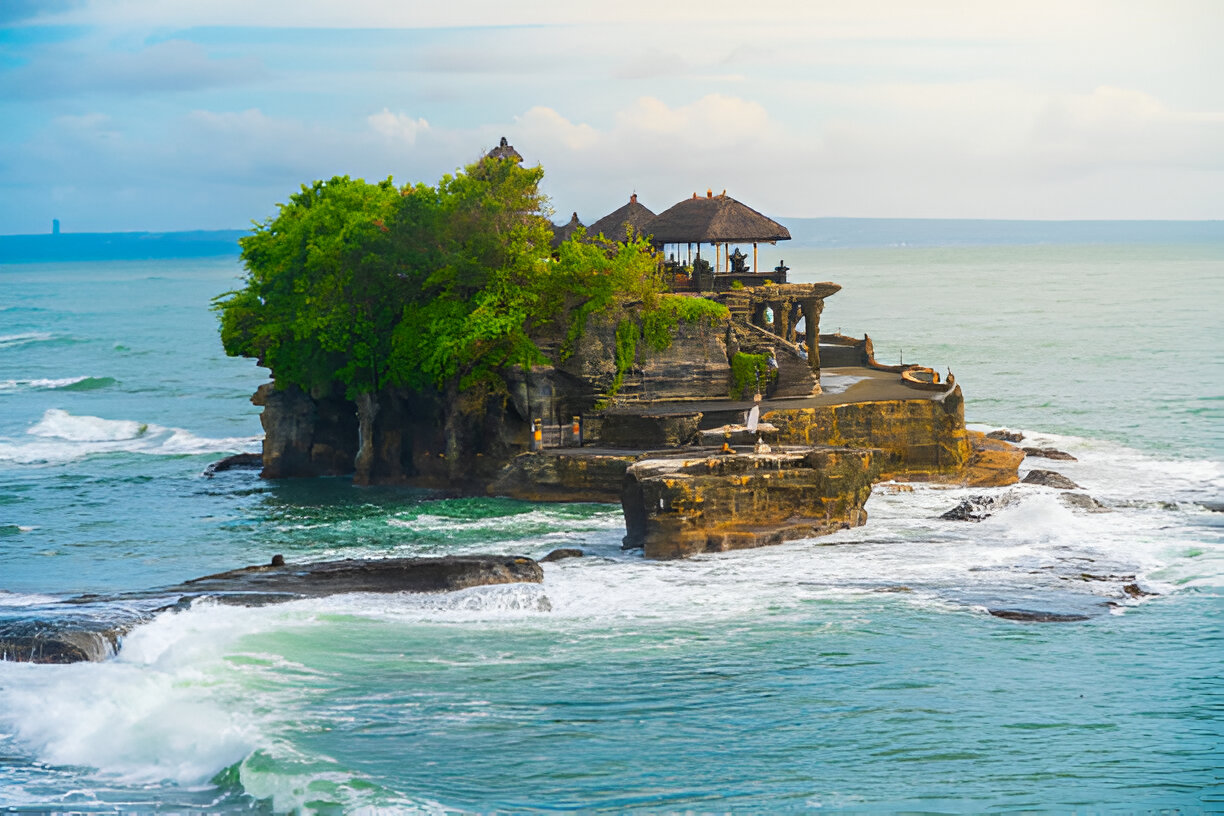
This initiative underscores Bali’s commitment to responsible tourism, with funds directed toward preserving the island’s natural beauty and cultural heritage. Projects funded by the levy may include environmental conservation efforts, waste management, and the restoration of heritage sites. Tourists are encouraged to familiarize themselves with this requirement and include it as part of their travel costs.
Customs Declaration Requirements
Another critical step in the entry process is completing the online Customs Declaration form. This form must be filled out before arriving in Bali and is available on the official Indonesian customs website. Upon completion, travelers will receive a QR code that must be presented at customs checkpoints. The form covers declarations of goods, cash, and other items subject to regulation. Ensuring the form is completed accurately and submitted in advance will help travelers avoid delays at the airport. Bali’s customs process is generally smooth, but adherence to these requirements is crucial for a hassle-free experience.
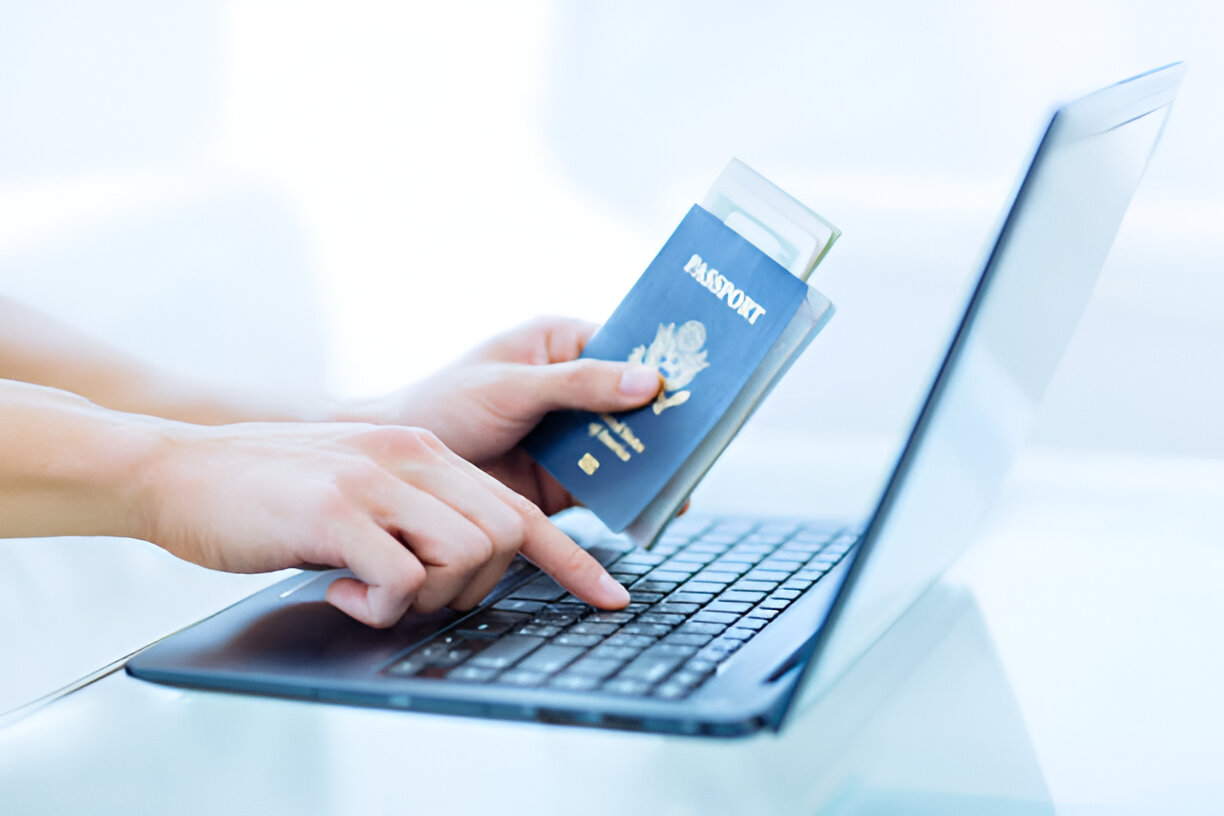
Tips for a Smooth Entry Experience
To ensure a smooth entry into Bali, travelers should prepare all necessary documents before departure. Having a printed or digital copy of the Customs Declaration form, a paid Tourist Levy voucher, and all visa-related paperwork can save time at the airport. Arriving early at the immigration counters and being patient during peak travel seasons is also advisable, as Bali remains a popular destination with a busy airport. Familiarizing oneself with local regulations and staying updated on any changes to visa policies will help avoid potential issues. Travelers should also be mindful of cultural norms and show respect to local customs, as Bali places great importance on maintaining its traditions. With the right preparation, visitors can enjoy their Bali experience from the moment they arrive.




 Billy Bagus
Billy Bagus
 Nov 28, 2024
Nov 28, 2024






